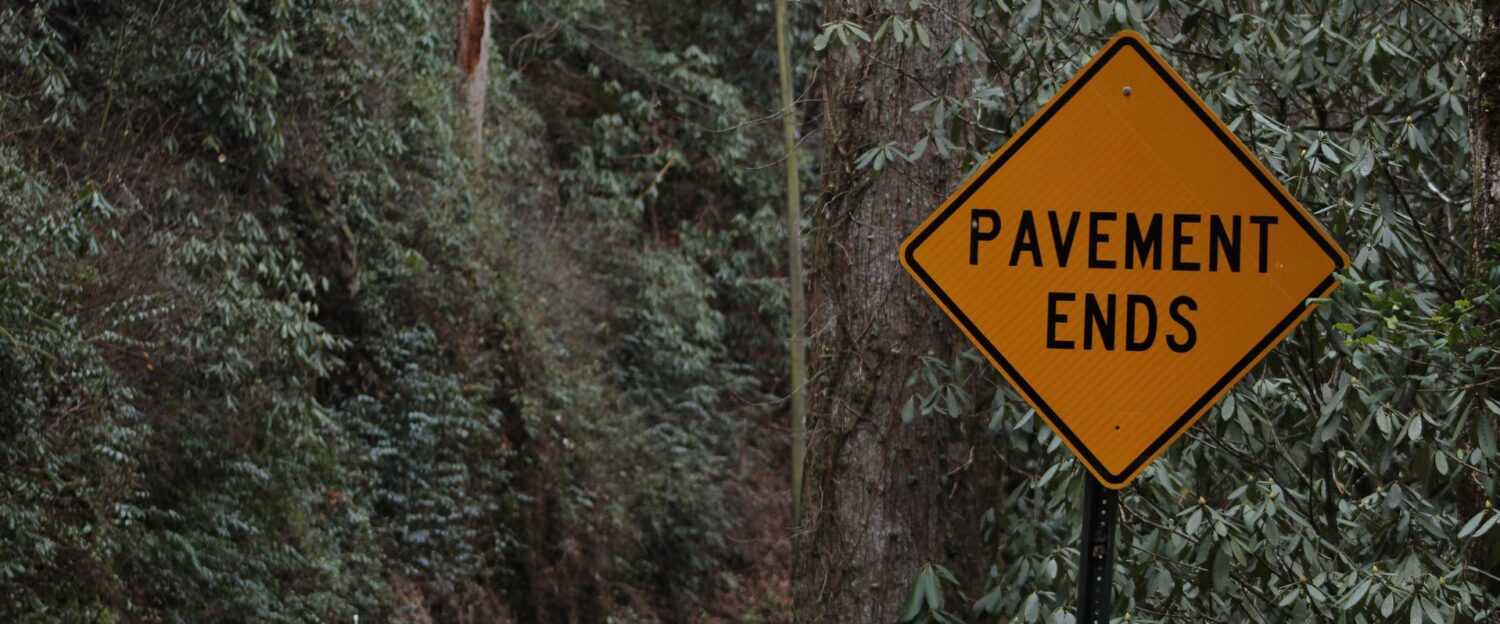“You Can Say the Most About Nothing Of Almost Any Person I Know”
A required class for me as a freshman student at Berea College (Berea, Kentucky) was titled “Issues and Values”. It was an interesting class. During the course of study we did lots of reading, research, discussing, writing on a wide variety of topics, and lots of debating with one another concerning the issues of study. We studied our families, our historical heritage (as students from the Appalachian Mountains), race, faith, economic forces, environmental responsibility, racial and gender injustice, poverty, politics, peace, war, violence, and the list went on. The intent of the course was to help us students examine our value systems and to understand the ways we apply them to living in the world of “our day”. Sure, we read history, but only to see the sources of the values we live by in our day and societal- cultural context. We, also, read many of the contemporary writers of the day in order to gain from their insight and to ponder the significance of their messages as we were trying to figure out how we were to fit and to impact the world around us. Upon, reflection, it was a good and practical experience.
One of the assignments for the class was to form debate teams. The professor assigned the topics we would be debating. The teams were to do all of the stuff involved in preparation for the debate and to practice. On the predetermined day the teams would square off and the debate took on a life of its own. I do know remember the specific topic my team was chosen to debate. I do remember we worked hard to be sure that the research on the subject was comprehensive. We practiced debating each other on the team as we readied for our big day. With each practice round we became more confident and better prepared. For me, this was my first “formal” debating experience. Sure, I had been in a number of arguments before; but I was not graded by a PhD. for my ability to argue, until then.
Finally, the day arrived. At the appointed time and place the two opposing teams gathered for the big event. Each team had four students. Each student was to be given less than five minutes to make their case. A member of the opposing team was given a two minute rebuttal. Once every student had their turn the professor would open the debate to a rhetorical free-for-all. Well, my team went at it as hard as we could. The opposition fired back at us in a fast and furious manner. It was exciting. It was fun. It was exhausting. Eventually, after about ninety minutes it was over. Both teams did well.
Following the debate the professor offered his critique. He was (mostly) encouraging and complimentary. He praised our preparation, our mastery of the subject, our use of the facts and figures we had gathered to support our case, and our displayed abilities to “think on our feet” when challenges were lobbed in our direction. However, the scholar in him came to the surface as he took our arguments apart, point by point, and piece by piece. It was both an exalting and humbling experience, all at the same time.
Upon dismissing the class for the day he called my name, asking for me to remain behind once the other students left. Meekly, I approached him when everyone else had departed. He asked me to take a seat. I did so, in fear and trembling. He then offered some reassurance as to my efforts during the debate; stating I had a good presentation style and spoke with clarity and confidence. Then he said, “Mister Reeves, you can say the most about nothing of almost any person I know”.
